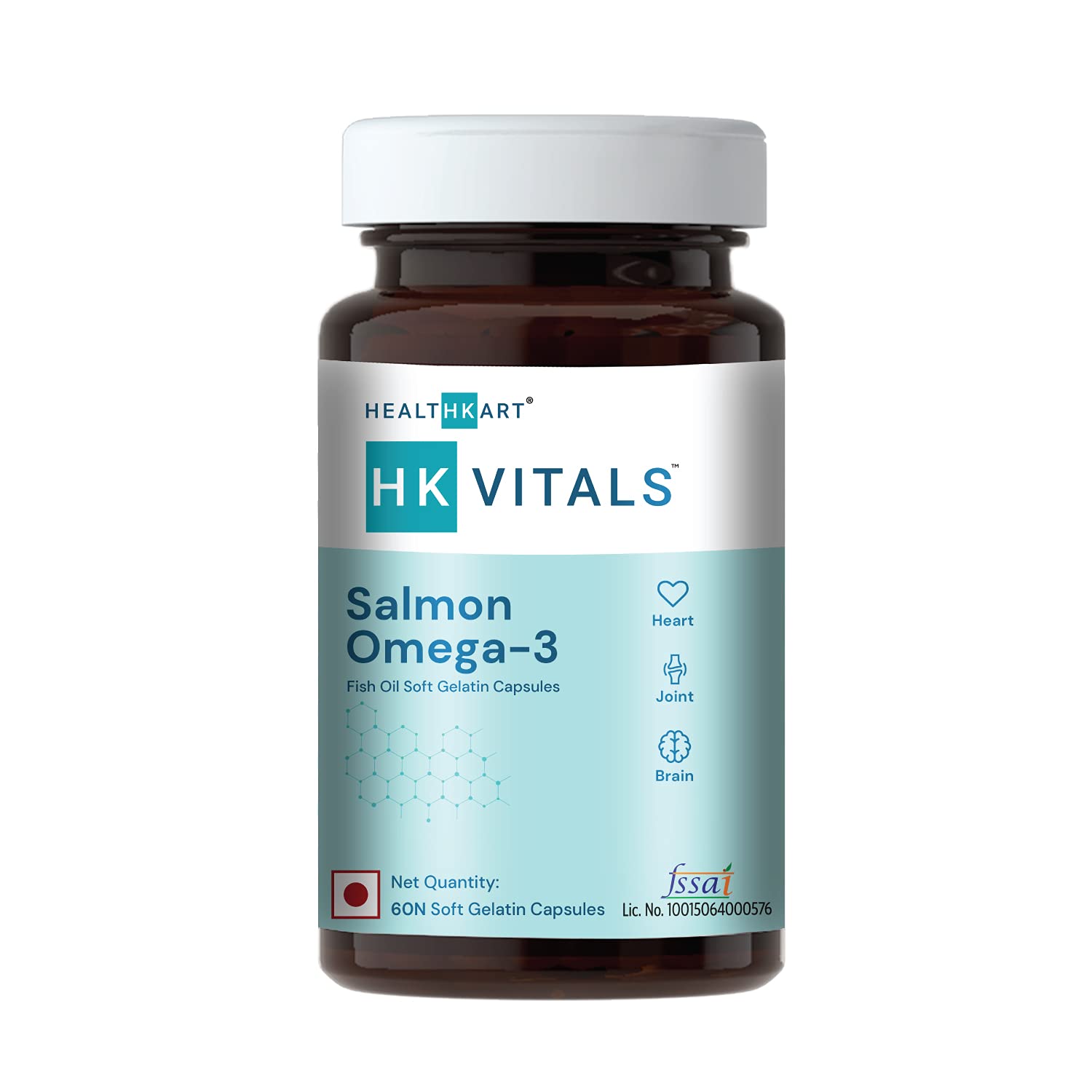Fish oil supplements rich in omega 3 fatty acids might help fight inflammation, prevent heart disease, reverse declining brain function and relieve symptoms of rheumatoid arthritis but there is little evidence that suggests supplements provide other benefits dietary sources of fish oil provide. Whereas, dietary sources of fish oil have numerous tangible benefits.
Published Date January 24, 2003
The Truth About Fish Oil Supplements
By Naurin Ansari
2 min read
Last update date: January 24, 2003
All about omega-3s, cholesterol and fish oil supplements.

Fish oil supplements have become a popular health supplement in recent years, touted for their numerous supposed benefits for heart health, brain function, and more. However, as with any supplement, it's important to separate fact from fiction when it comes to the claims surrounding fish oil. In this article, we will explore what fish oil is and the truth about it.
What is fish oil?
Fish oil is the dietary source of omega-3 fatty acids which are necessary for our body — from muscle activity to cell growth. Omega-3 fatty acids are normally derived from foods as these nutrients cannot be produced by the body.
Fish oil contains two important omega-3s (DHA & EPA). Some nuts, seeds and vegetable oils might contain other omega-3s like alpha-linolenic acid (ALA). Fish oil supplements, on the other hand, come in the form of a liquid, capsule, or pill and most people consume fish oil for its anti-inflammatory effects.
The truth
- Heart disease
Research shows that people who include dietary sources of fish oil in their diet (twice a week) have a lower risk of heart disease while taking fish oil supplements seems to have little to no benefits on their heart health. - High blood pressure
Research has shown considerable reductions in blood pressure in people who take fish oil supplements. There is also some evidence that people with moderate to high average blood pressure would benefit more from fish oil than those with mild blood pressure elevation. - High triglycerides and cholesterol
There is strong evidence that omega-3 fatty acids can significantly reduce blood triglyceride levels. There also appears to be a slight improvement in high-density lipoprotein (HDL) or “good” cholesterol, although an increase in levels of low-density lipoprotein (LDL) “bad” cholesterol also was observed. - Rheumatoid arthritis
Some studies suggest that fish oil supplements might help reduce pain, improve morning stiffness and relieve joint tenderness in people with rheumatoid arthritis.
Safety and side effects
Fish oil supplements are generally considered safe if taken in a controlled manner. However, fish oil supplements can cause mild side effects, including:
- Fishy aftertaste
- Rash
- Bad breath
- Heartburn, nausea, or diarrhea
Taking high doses of fish oil supplements might increase the risk of bleeding and possibly increase the risk of stroke.
Takeaway
References
- https://www.health.harvard.edu/blog/fish-oil-friend-or-foe-201307126467
- https://www.webmd.com/vitamins-and-supplements/news/20190205/fish-oil-supplements-a-fish-tale-or-a-good-catch
- https://www.mayoclinic.org/drugs-supplements-fish-oil/art-20364810
- https://www.mayoclinic.org/drugs-supplements-fish-oil/art-20364810
- https://www.webmd.com/vitamins/ai/ingredientmono-993/fish-oil
Keep reading

Health Supplements
A health supplement is a compact form of nutrition you take when the nutrition from food itself cannot suffice the body's needs.
By Hetvi Shah

All about veganism
The term “vegan” was coined by bringing together the first three and last two letters of the word “vegetarian”. 
By Hetvi Shah
Related Items
Choose Healthy With Us.
Know the real truth about your food. Stay informed and healthy, for free.

Download the App Now
Certified nutritionists trust our food recommendations. Safe to say, so can you :)














